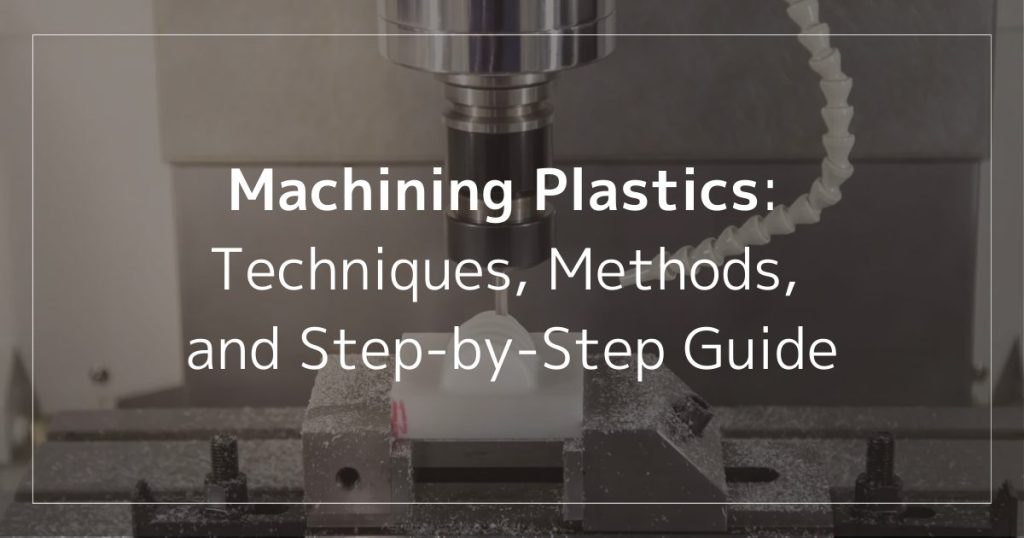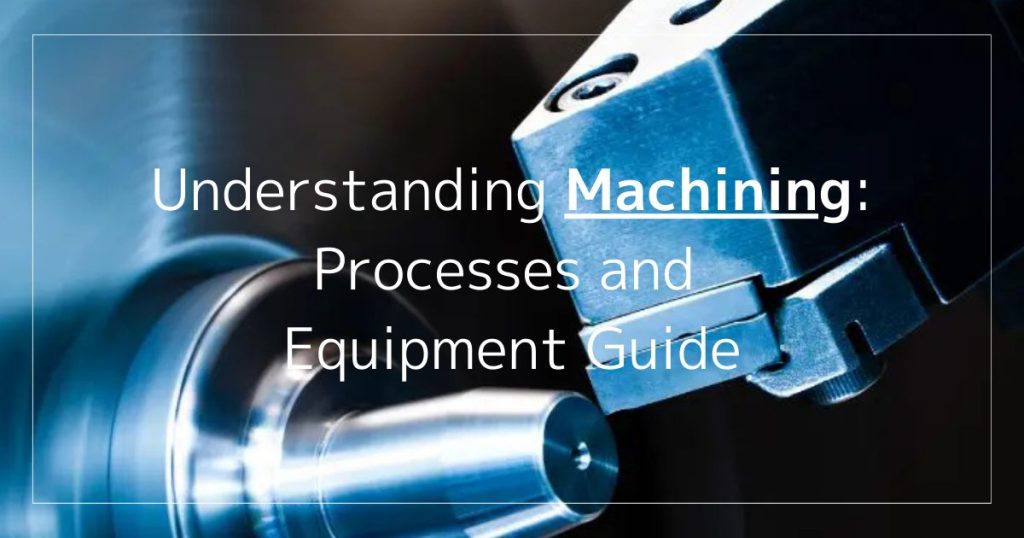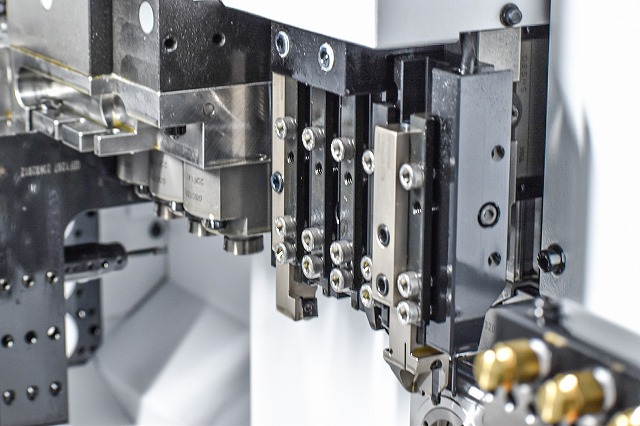-


Is Stainless Steel Hard to Machine? Exploring Challenges and Varietal Differences
What is Stainless steel? Stainless steel is an alloy widely used in both daily life and industry, thanks to its excellent corrosion resistance, strength, and workability.It is used in various fields, from kitchen utensils to building materials, medical equipment, and automotive parts.Stainless steel is an alloy made... -


Pure Nickel: Properties, Applications, and Machining Characteristics
Pure Nickel: Characteristics and Applications Pure nickel is a high-purity metal with a nickel content of 99% or higher, valued for its excellent corrosion resistance, heat resistance, and superior workability across various industries. This article provides a detailed explanation of the fundamental properties of pu... -


Permalloy: A Versatile Magnetic Alloy for Wide-Ranging Applications
Permalloy, an alloy primarily composed of nickel and iron, possesses high permeability and low coercivity, making it an indispensable material in various industries including magnetic shielding, electronic components, transformer cores, and magnetic sensors.This article explains the characteristics, applications, an... -


Machining Techniques and Tips: A Comprehensive Guide to Cutting Processes
Metal Cutting Processes Cutting processes are essential for precision parts manufacturing, allowing materials to be machined into specific shapes and sizes. This article explores various techniques for shaping materials, from lathe machining to milling and drilling operations. Additionally, we will introduce the adv... -


Machining Plastics: Techniques, Methods, and Step-by-Step Guide
Resin, valued for its versatility and ease of processing, is widely used across various industries, from everyday products to advanced industrial applications. This article provides an overview of resin properties and characteristics, with a particular focus on cutting techniques. Introduction to Resin Resin is a sy... -


Introduction to Micro-Hole Machining and Its Applications
Micro-hole machining is a high-precision technology used to create holes with diameters of 1 mm or smaller. This technique is essential in the production of medical devices, electronic components, and precision mechanical parts. What is Micro-Hole Machining? Micro-hole machining refers to the process of creating ext... -


Super Invar Explained: Properties and Machining of Low-Expansion Alloy
What is Super Invar? Super Invar is a special alloy known for its exceptionally low thermal expansion rate. This allows it to maintain its shape and dimensions even with extreme temperature fluctuations, making it an essential material for precision instruments and scientific equipment. Compared to conventional Inva... -


Quartz Glass: Properties and Machining Challenges | Hard Yet Brittle?
Properties and Challenges of Quartz Glass Quartz glass, as its name suggests, is a specialized type of glass primarily composed of quartz (silicon dioxide). It is manufactured by removing impurities to an extreme degree, resulting in very high transparency and excellent optical properties. This glass, made from quar... -


Understanding Machining: Processes and Equipment Guide
Machining involves using tools to cut or drill materials. It allows for high-precision material processing without the need for molds, making it ideal for small-batch production and prototyping. What is Machining? Machining is a technique used to shape materials such as metals and plastics by cutting or drilling. It... -


Machinability and Characteristics of Inconel: Exploring Its Varieties and Features
Inconel is a high-performance nickel alloy renowned for its exceptional heat and corrosion resistance, making it an ideal choice for environments with extreme temperatures and corrosive elements. This article delves into the fundamental properties of Inconel, highlighting the unique characteristics of its various gr...
12


